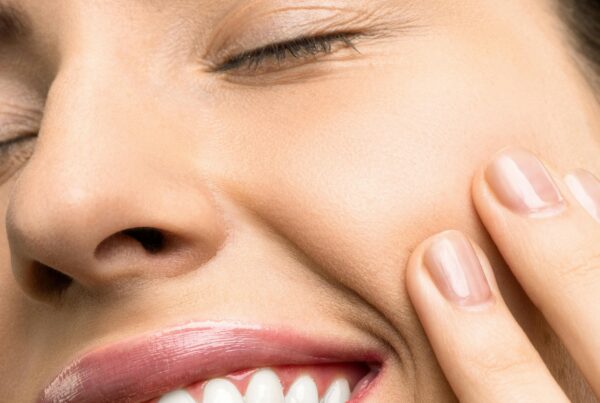Who doesn’t want to spend their days enamoured with their full, thick and healthy-looking hair? Unfortunately, for the 35 million men and 21 million women who suffer from hair loss, this could only be a dream. However, thanks to growing research, it appears that the secret to healthy hair may be found in your gut.
The Gut Microbiome and Hair Loss Connection
The gut is regularly referred to as the second brain because the gut microbiome can have a big impact on your body, including the state of your hair. For instance, biotin is a nutrient that plays a pivotal role in hair growth and your gut microbiome can influence the production of this hormone.
That said, the gut microbiome can be affected by your lifestyle choices and anything that throws it off balance can compromise your health, as well as affect the health of your locks.
What does the research say?
There are three stages of hair growth – anagen, catagen and telogen with the anlagen phase being the phase where the hair actually grows.
A study published in PLOS ONE, mice supplemented with the probiotic Lactobacillus reuteri not only increased anagen hair follicle counts by a whopping 106%, but researchers also found that the probiotic-fed male mice had 74% of their hairs in the active, anagen phase, while the control group only had 36% (66% and 30%, respectively, for the female mice).
4 ways a healthy gut prevents hair loss
1. It encourages better nutrient absorption
Your hair needs nutrients to stay healthy and a healthy gut can help your body better absorb these nutrients, the most notable one being biotin which the body uses to metabolize the amino acids needed to produce keratin, the cells that make up your hair.
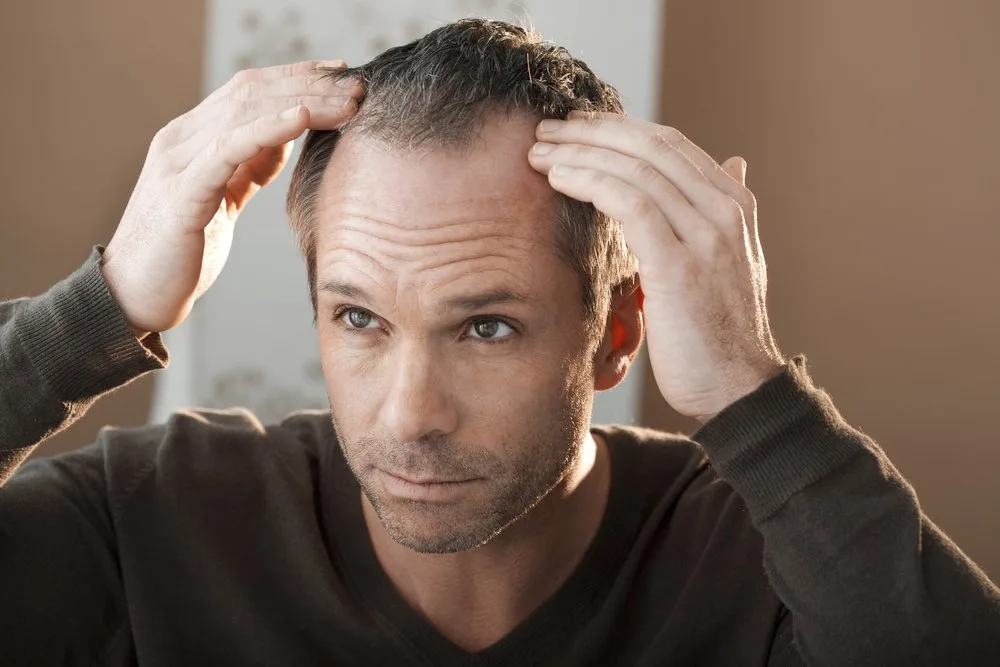
Image Point Fr/Shutterstock
2. Combats inflammation
Yes, inflammation is meant to help the body but there are some instances where it can harm the body. Therefore, it’s important to combat this as not doing so can increase your risk for chronic diseases, as well as hair loss as inflammation can affect hair follicles, thus preventing hair growth.
According to a study published in Experimental Dermatology, certain probiotics can promote hair growth by reducing stress-induced skin inflammation. As we know, probiotics are bacteria that help to support gut health and it appears that by doing so, they serve to encourage healthy hair growth.
3. Strengthens your immune system
We should always do our best to keep our immune systems healthy, and this past year definitely proved that. With around 80% of immune cells located in the gut, it’s clear that keeping your gut healthy keeps your immune system happy.
With that being said, it appears that keeping your immune system healthy not only reduces your risk of COVID-19 complications, but it can also keep your mane happy.
As important as our immune system is, sometimes it can do too much. An overactive immune system can sometimes mistake its own cells as dangerous, and this then causes it to attack the hair follicles, disrupting its functionality.
Thankfully, the gut microbiome helps regulate immune function, ensuring that immune cells behave properly. In fact, a study from The University of Texas Southwestern Medical Center found that probiotics helped to trigger a positive immune reaction.
4. Reduces stress
We all know that stress can have a negative effect on the body, and that includes our hair. Considering the fact that we’re all living in incredibly stressful times, our hair may be going through a lot.
That said, focusing on our gut health may not only help to reduce stress, but it could be exactly what our hair needs. It appears that probiotics may have a reducing effect on cortisol, which is known as the stress hormone. According to a systematic review published in Brain and Behaviour, probiotics can help to reduce subjective stress levels in healthy volunteers and it may even relieve stress symptoms as a result of anxiety and depression.
Optimizing gut health
If you really want to take care of your gut, there are a few ways to do so.
Firstly, start by taking a daily probiotic. Secondly, include more gut-friendly foods into your diet. These include kefir, yogurt, miso, tempeh, and other fermented foods. It’s also advisable to eat plenty of fruits and vegetables.
Additionally, be sure to avoid processed foods and to manage your stress levels.
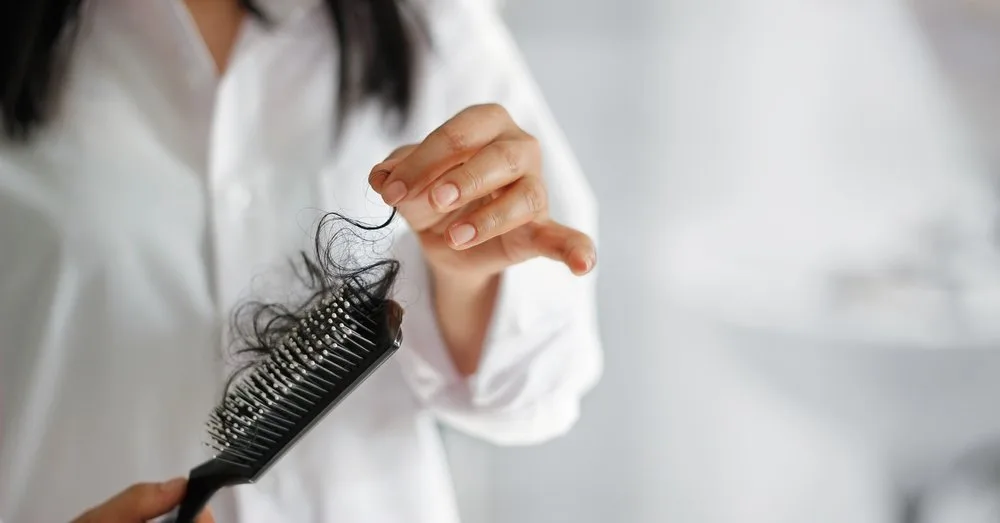
Healthy hair tips
If you’re looking to keep your locks as lustrous as possible, then take note of the following hacks:
- Use natural hair products
- Avoid ingredients such as parabens, silicons, and phthalates
- Look out for ingredients like jojoba oil, argan oil, black castor oil, shea butter, water, and aloe vera
- Wash your hair with either cold or warm water
- Wear your ponytails loose
- Eat a diet rich in fruits and vegetables – spinach and mushrooms are great sources of biotin
- Manage your stress levels – meditation, yoga, gardening, and journaling are great ways to do so

The bottom line
While we are not our hair, we shouldn’t disregard the effect that our locks can have on our confidence and self-esteem. That said, if you want to ensure that your hair continues to be thick and lustrous, make sure that you’re giving your gut as much thought and attention as you do your next hairstyle.
References
Arck, P., Handjiski, B., Hagen, E., Pincus, M., et al. (2010). Is there a ‘gut-brain-skin axis’?. Experimental dermatology, 19(5), 401–405. https://doi.org/10.1111/j.1600-0625.2009.01060.x
Erdman, S. E., & Poutahidis, T. (2014). Probiotic ‘glow of health’: it’s more than skin deep. Beneficial microbes, 5(2), 109–119. https://doi.org/10.3920/BM2013.0042
West, C. E., Renz, H., Jenmalm, M. C., Kozyrskyj, A. L., et al. (2015). The gut microbiota and inflammatory noncommunicable diseases: associations and potentials for gut microbiota therapies. The Journal of allergy and clinical immunology, 135(1), 3–14. https://doi.org/10.1016/j.jaci.2014.11.012
Yan, F., & Polk, D. B. (2011). Probiotics and immune health. Current opinion in gastroenterology, 27(6), 496–501. https://doi.org/10.1097/MOG.0b013e32834baa4d
Zhang, N., Zhang, Y., Li, M., Wang, W., et al. (2020). Efficacy of probiotics on stress in healthy volunteers: A systematic review and meta-analysis based on randomized controlled trials. Brain and behavior, 10(9), e01699. Advance online publication. https://doi.org/10.1002/brb3.16


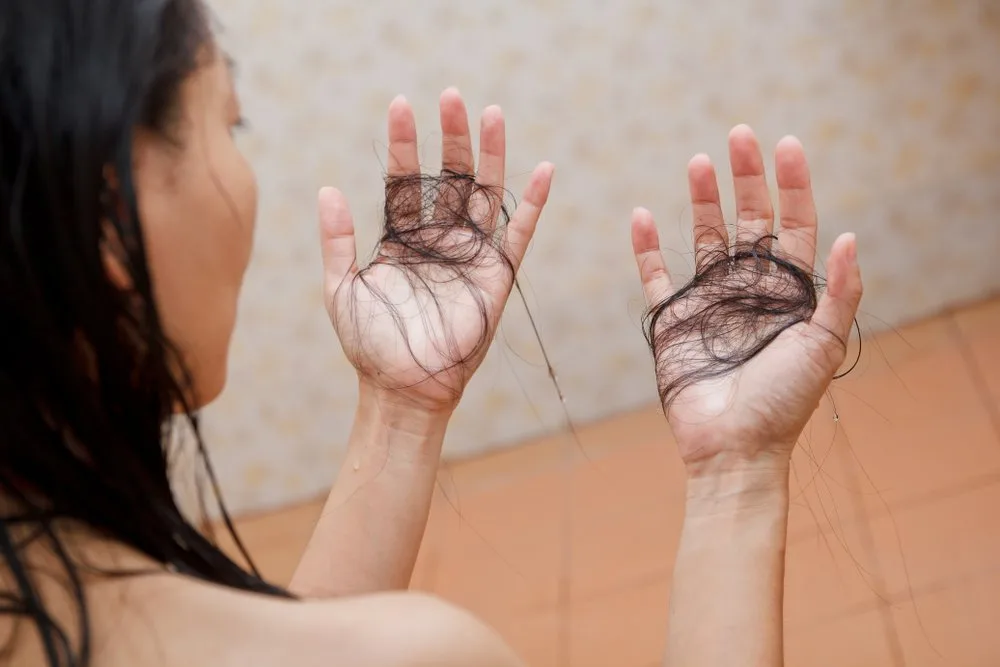
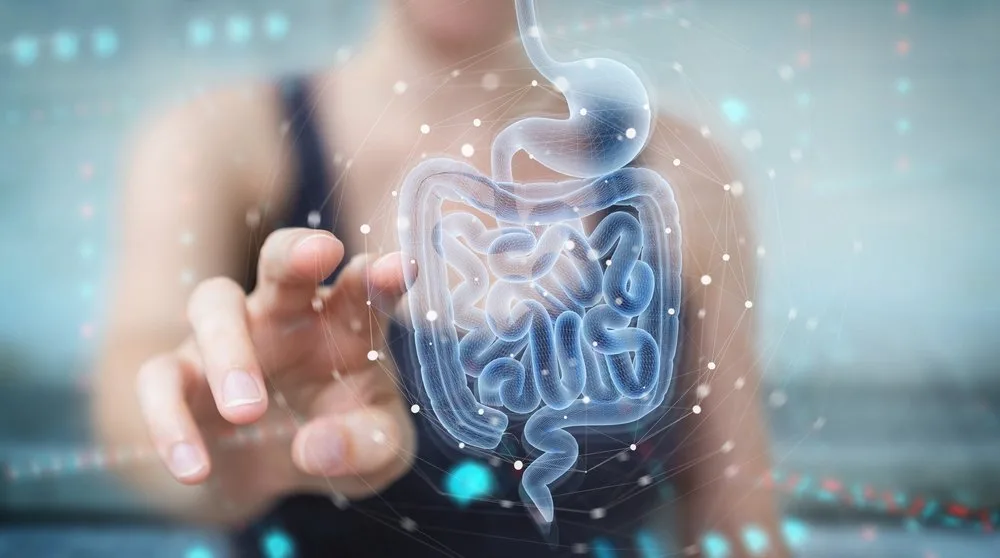

![women [longevity live]](https://longevitylive.com/wp-content/uploads/2020/01/photo-of-women-walking-down-the-street-1116984-100x100.jpg)







